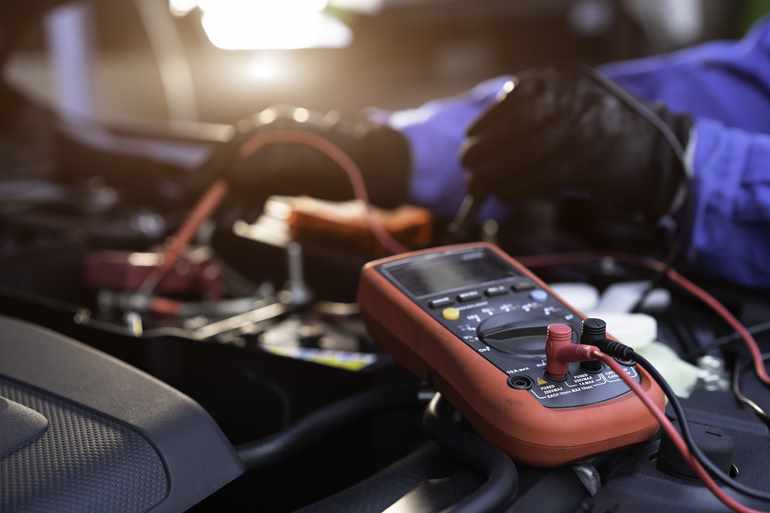
How to safely store your car for a long period
Whether it's your weekend fun car, your beloved classic, or your daily driver that you simply don't have the need for any longer, it's important to store your vehicle properly if you're not going to be using it for a while.
Do you need tax and insurance?
If you want to still use the car every now and then, yes, you will still need tax and insurance to be able to drive the car on the public roads. It might also be worth taking out tyre insurance and a policy covering scratch and dent insurance as well, depending on where you intend to store your vehicle. They can be particularly useful if you intend to store the vehicle outside, but can still be a valuable investment if it's stored in a garage.
The only way you won't have to tax and insure your vehicle is if you are not going to use it at all - then you can get a SORN (Statutory Off Road Notification). This means you will not be able to drive on the public roads.
What can you do to protect your car?
There are certain things you can do to keep your car as protected as possible while you are not driving it. This is especially useful if you intend to leave it for a long period, such as if you're going to another country or you're laying your car up for the winter to protect it from salt. Following these simple tips can help make sure that when you come to use your car next, it will start right up and be in usable condition immediately.
Fresh fuel and stabiliser
Before you leave your vehicle, take it for a long drive to empty the tank as much as you can, then stop at the garage and brim it with fresh fuel. The less air you leave in the tank, the less risk of condensation forming which can lead to water in the fuel system and rust developing. If you are going to be leaving the car for a long time, you might consider adding some fuel stabiliser too, to help prevent the fuel from "going off" in the tank.
Fluids and filter service
Not an essential step, but if you have the time, it can be helpful to perform a simple fluids and filters service on your vehicle. Replacing the oil, as well as the air, oil, and fuel filters, can all benefit you when you come to start the car up again when you're ready to take it out of storage. If this has been done relatively recently, you don't have to do it, but if your car is about due for a service, it's wise not to put it off before storing it.
Take care of the battery
If you have an older vehicle, pre roughly 1980, for example, you can simply remove the battery or install a battery disconnection device. If your vehicle is newer, it's worth leaving the battery connected and investing in a trickle charger. A trickle charger monitors the battery level and charges it as needed. As more modern cars have so many electrical systems, alarms, and ECUs, simply disconnecting the battery can present problems when reconnecting it.
Inflate the tyres
If your car is going to be sitting for more than six months, you might want to consider putting fresh tyres on it before you store it, and inflating them just over their recommended pressure. If the vehicle will be sitting for a long time, you can invest in individual wheel blocks to keep the wheels off the ground and more evenly distribute the weight of the car. If you don't, you might run the risk of encountering "flat spots" when you come to drive.
Handbrake and windows
Ideally, your vehicle should be on a flat service and safely under cover - in which case it's wise to keep the handbrake off to prevent it ceasing on over time. Keep the car from rolling by keeping it in gear, or chocking the wheels. If you can, leave the windows open an inch or two as well to prevent the interior of your car from getting musty. Wherever you store the car, however, make sure it is under some form of shelter or car cover.
For more information about the kind of insurance and gap insurance UK motorists rely on when storing their vehicles, contact Direct Gap today.












